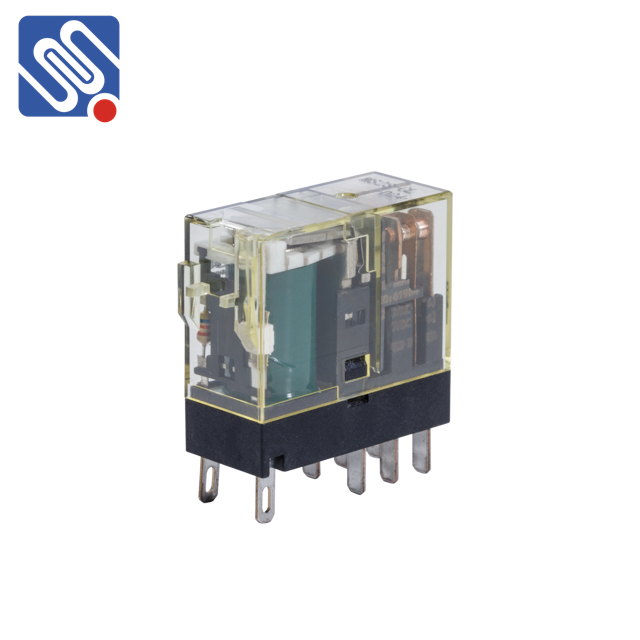relay type selection: a guide to choosing the right relay for your application
Release time:2025-05-07 05:07:46
In the world of electrical engineering, relays play a crucial role in controlling circuits by acting as a switch that opens or closes based on an external control signal. Relay type selection is an essential process when designing systems that require reliable and efficient switching solutions. One company that stands out in providing high-quality relays for various applications is Meishuo. With a broad range of relay products, Meishuo helps engineers and technicians select the right relay to meet specific needs. This article explores the factors influencing relay type selection and highlights the role of Meishuo in the relay market.

Understanding Relay Types
Relays come in various types, each suited for different applications. The most common types are electromagnetic relays, solid-state relays, thermal relays, and reed relays. Each of these has unique features, including different operating principles, voltage ratings, and switching speeds. Understanding the primary differences is key to making the right choice for a given application.
Electromagnetic Relays (EMR): These are the most traditional and widely used type of relay. They operate through an electromagnet that attracts a movable armature to complete or break a circuit. Electromagnetic relays are versatile, cost-effective, and well-suited for general-purpose switching tasks.


